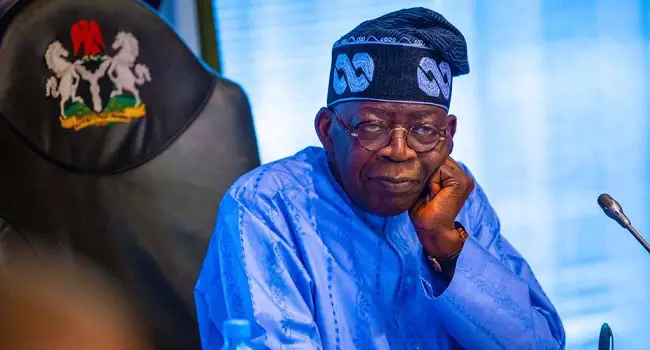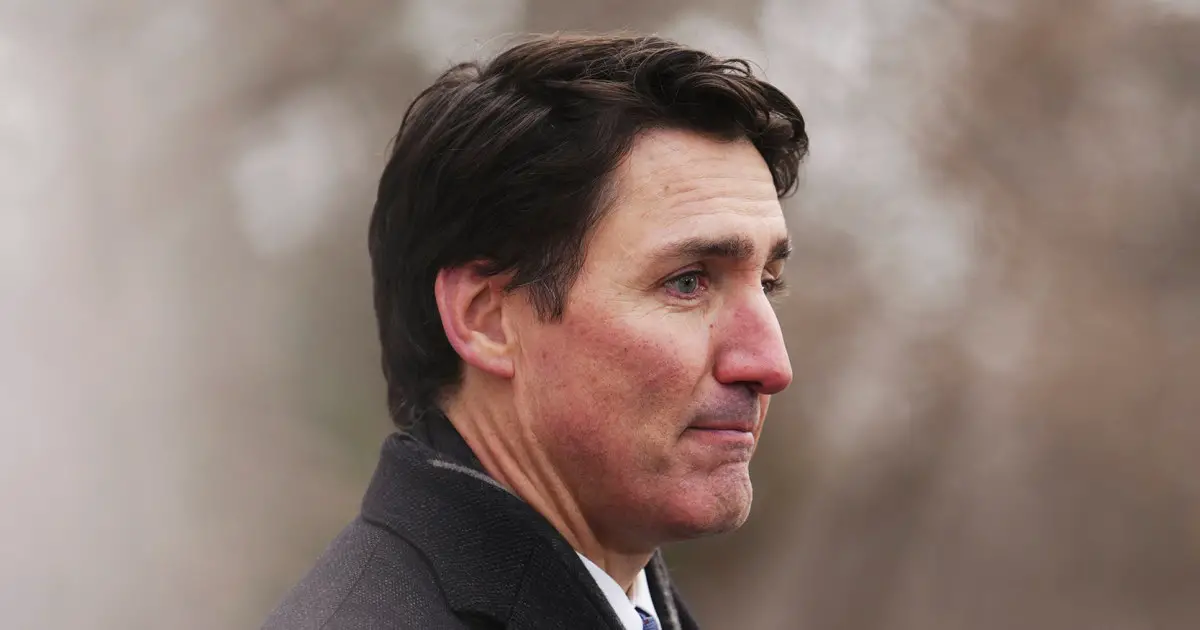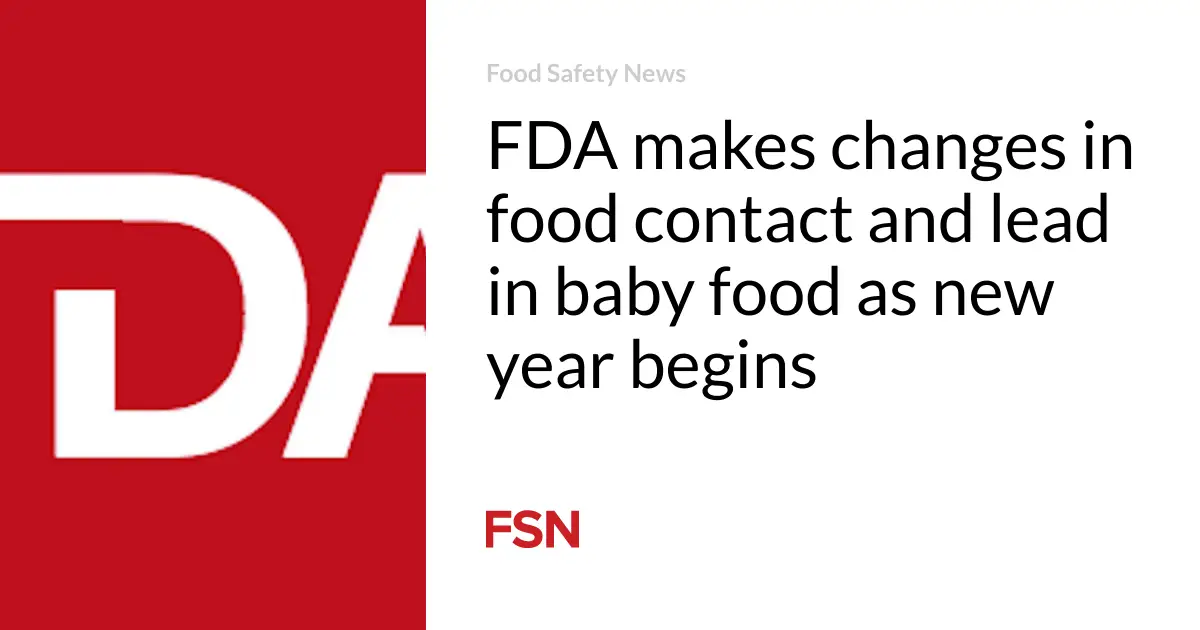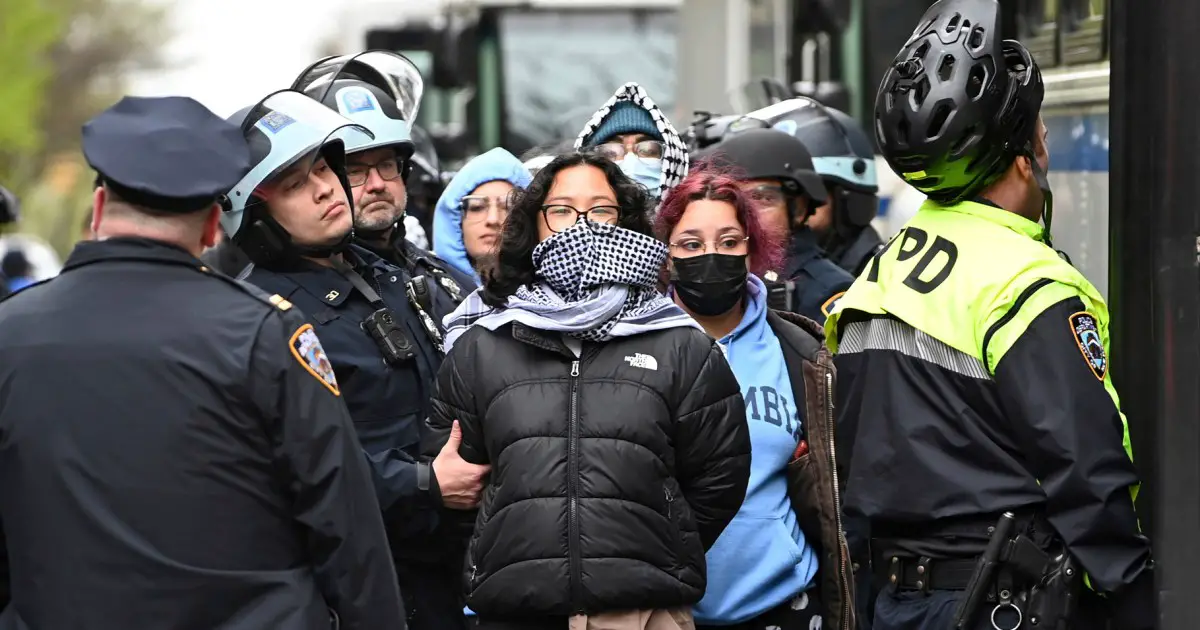
It just added fuel to the fire.
The decision by Columbia University’s president, Nemat “Minouche” Shafik, to call in the New York Police Department to clear pro-Palestinian protesters from the campus last week appears to have sparked the spate of increasingly strident demonstrations that have erupted at universities in New York City and across the country in recent days, students and faculty members said.
Since Thursday, when police arrested 108 Columbia University demonstrators, including Rep. Ilhan Omar’s daughter, Isra Hirsi, similar protests have erupted on campuses across the country, from New York University and Yale University to the University of Illinois and out west to the University of California, Berkeley, and the University of Southern California, which shut its gates late Wednesday because of the growing demonstrations.
The encampment at Columbia sprung up April 17, the day Shafik was grilled about on-campus antisemitism by the Republican-led House Committee on Education and the Workforce. Shafik faced questions about her handling of antisemitism on campus after Hamas’ attack on Israel on Oct. 7 alongside two members of Columbia’s Board of Trustees and the head of its antisemitism task force. The next day, Shafik had police clear the encampment; more than 100 protesters were arrested.
That got Rachel, 19, a Columbia student who asked to be identified only by her first name because of fear of retaliation or suspension by the school, off the fence and into one of the tents that pro-Palestinian demonstrators had raised on the campus in upper Manhattan.
“I think that that was sort of the straw that broke the camel’s back, because students had already been feeling incredibly suppressed and censored by President Shafik,” Rachel said.
Noting that the last time a Columbia University president summoned the police to disperse student demonstrators was back in 1968, at the height of the Vietnam War, Rachel said what she called Shafik’s attempt to intimidate them was backfiring.
“Movements inherently boil when they’re facing extra suppression,” she said.
The Columbia students protesting the war have demanded that the school cut financial ties with Israel and divest from Israeli companies. And they have inspired students across the country to do the same.
“This is about solidarity,” said Alex, a Jewish student at the University of Michigan who is part of the pro-Palestinian movement and asked to be identified only by his first name out of fear of retaliation. “We have colleges all across the nation performing a synchronized act because we work together. This is a collective movement far beyond the United States.”
Organizers say they were also inspired by protests against the apartheid government of South Africa that an earlier generation of Michigan students took part in.
“It’s never been bigger than it is right now,” said a masked male organizer, who asked to remain anonymous out of fear of retaliation. “We’ve seen that this has been effective in achieving concessions from the administration towards divestment from Israel, apartheid and genocide.”
But it has also sparked a backlash, particularly from politicians on the right who have been urging university administrators to crack down hard on the protesters.
“You have to have law and order on campus,” House Speaker Mike Johnson, R-La., told NBC News’ Stephanie Gosk after he met with Jewish students at Columbia. “Listen, taxpayer funding comes to institutions like this. The American people are demanding that we bring order to this chaos. We have this kind of thing mushrooming around the country right now.”
Encampments have continued on Columbia’s campus into this week, with Shafik calling for classes to be held virtually Monday and initially giving the demonstrators a deadline of midnight Tuesday to fold up their tents and disperse before she announced that conversations would continue over the next 48 hours without forcing the encampment to be removed.
“We are making important progress with representatives of the student encampment on the West Lawn,” a college spokesperson said.
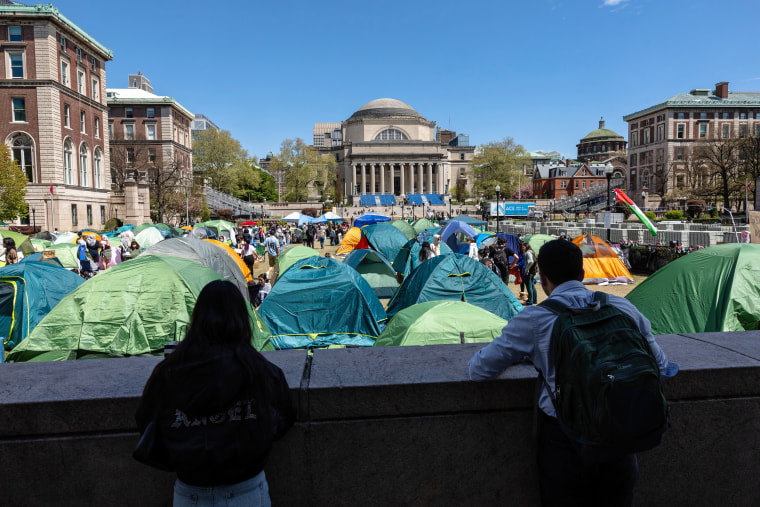
Marianne Hirsch, a Columbia University English professor, said Shafik has been “squashing peaceful protest, squashing open debate, not allowing students to express their opinions and debate their opinions.”
And the fact that Shafik summoned the police last Thursday, a day after she was questioned at the congressional hearing, is no coincidence, she said.
“I’m extremely concerned about antisemitism my entire life, and I’m extremely distressed right now to see how antisemitism is being weaponized and used, misused … under the guise of safety and security,” Hirsch, whose parents were Holocaust survivors, said Tuesday.
Later, Hirsch said she “cannot but agree this is motivated by trying to pacify congressional members who are trying to interfere in the running of this school.”
Early Monday, Shafik said that classes would be held virtually Monday and that school leaders would come together to discuss a way to bring an end to “this crisis.”
Several Jewish students at Columbia have told NBC News the antisemitism they experienced was very real and that they’re steering clear of the campus for their own safety.
“The tension is so high,” said Itai Dreifuss, 25, a junior and an Israeli who says he has been spat on and taunted by campus protesters waving Hamas flags. “It’s definitely frustrating to be a part of this campus right now. You feel so helpless, and you feel so exposed.”
Speaking with reporters, Johnson said he heard that Jewish students had been “running for their lives.”
Gosk challenged that assertion, telling Johnson that while some Jewish students she spoke with “are certainly afraid for their safety,” they are “not running for their lives.”
“I had standing room only with a house full of Jewish students talking about the intimidation and threats that they experienced,” Johnson replied.
Sueda, a graduate student who helped organize the pro-Palestinian protests at Columbia and asked to be identified only by her first name to avoid reprisals, said students escalated pressure on the university and started the tent encampments after previous forms of protest did not lead to the intended results.
“Have those protests yielded any material results from the university? Have they yielded an acknowledgment of the pain felt by Palestinians and by the community that is in solidarity with them? Have they yielded any statements of sorrow or regret by the university for their overly punitive treatment of pro-Palestinian students? No,” she said.
Oren Root, a longtime New York City lawyer and Columbia University graduate who was at the school when anti-Vietnam War protests rocked it in 1968, said Shafik’s summoning of police was “an extraordinary miscalculation.”
“President Shafik and her advisers clearly didn’t learn from history,” said Root, who was a top editor at The Spectator, the Columbia student newspaper, in 1968 and 1969. “Calling in the cops was clearly a mistake. Things have not gotten any calmer.”
The decision in 1968 by university President Grayson Kirk to have the police forcibly remove protesters from the buildings they were occupying only inflamed the situation and tarnished Columbia’s reputation for many years, Root said.
Root, who called for Shafik’s resignation in an opinion piece in The Spectator on Monday, said Columbia also appears to have chosen a side in the Gaza battle.
In response, a spokesperson for Shafik did not address Root’s criticisms or the calls for her resignation.
“President Shafik is focused on deescalating the rancor on Columbia’s campus,” the spokesperson said in a statement Tuesday. “She is working across campus with members of the faculty, administration, and Board of Trustees, and with state, city, and community leaders, and appreciates their support.”
New York police also arrested more than 100 protesters at NYU’s Gould Plaza on Monday night.
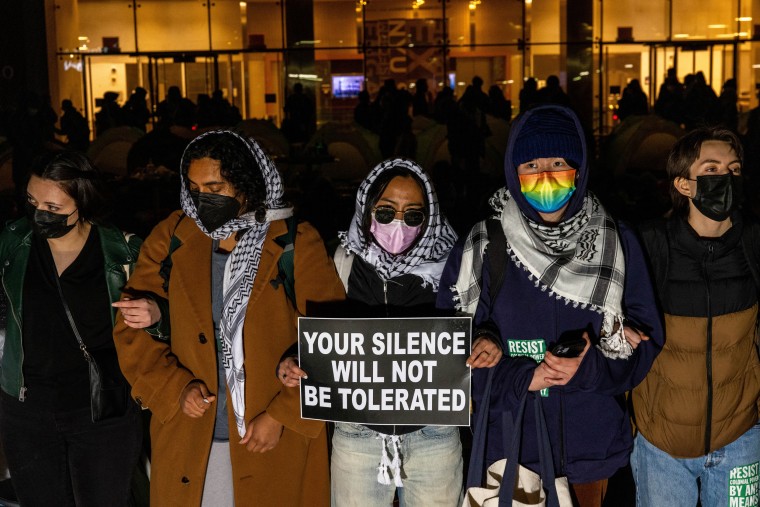
Pro-Palestinian encampments have also been established at other schools that have been the sites of anti-Israel demonstrations, like the Massachusetts Institute of Technology, the University of Texas and California State Polytechnic University, Humboldt.
New York Mayor Eric Adams said this week he believed “outside agitators” were using the Israel-Hamas war as an excuse to cause violence and mayhem in the city.
“We can’t have outside agitators come in and be destructive to our city,” Adams said at a news conference Tuesday. “Someone wanted something to happen at that protest at NYU.”
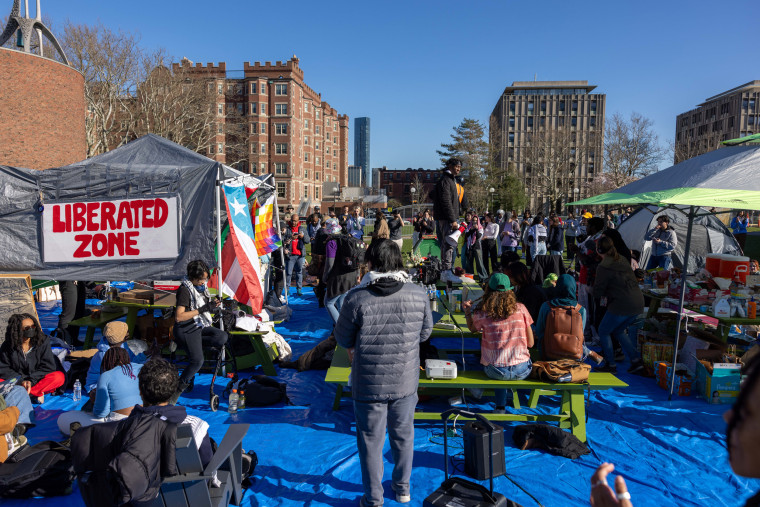
It was not clear how many of those arrested at Columbia were students and how many were outsiders. Police did not respond to two requests for comment on the arrests.
Meanwhile, a group of 25 Senate Republicans sent a letter Tuesday to Attorney General Merrick Garland asking the Biden administration to address the protests across the nation.
“These pro-Hamas rioters have effectively shut down college campuses and have literally chased Jewish students away from our schools,” the letter read. “You need to take action to restore order and protect Jewish students on our college campuses.”
The letter did not ask Garland to take steps to protect the pro-Palestinian protesters.

